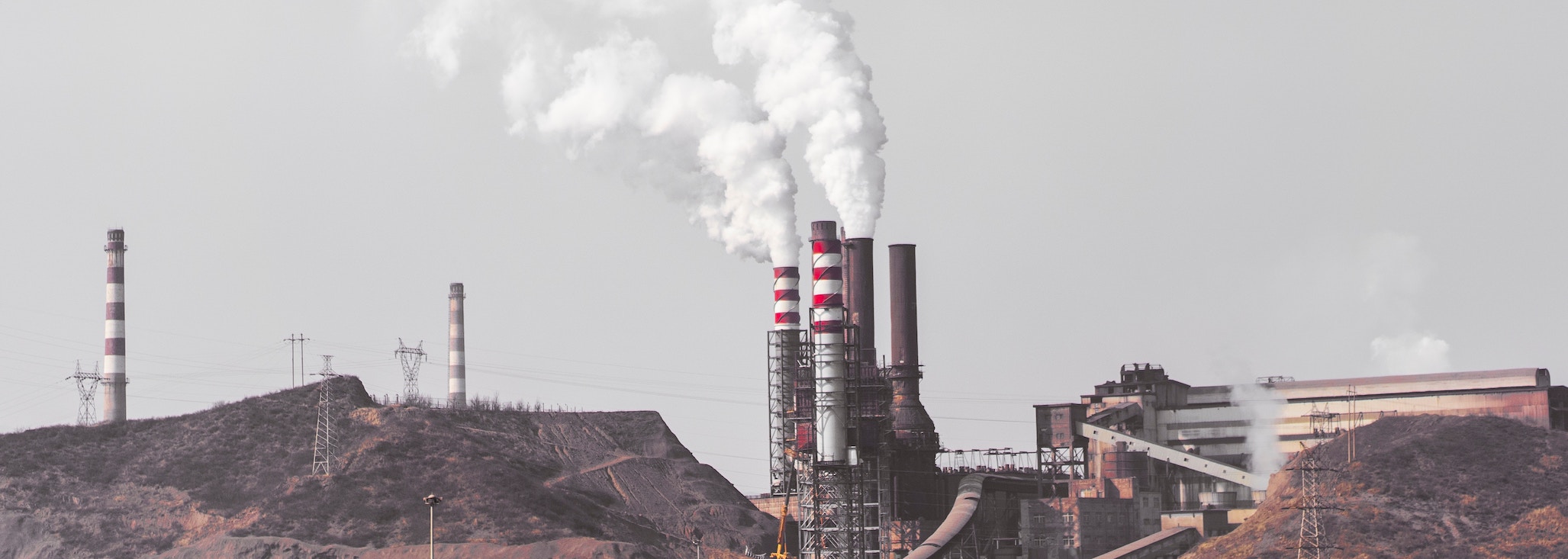Carbon Reduction Commitment (CRC) Review

Client: Environmental Industries Commission (EIC)
Location: UK
Summary
In conjunction with the Environmental Industries Commission (EIC) and engagement with DECC and the HM Treasury, Acclaro Advisory published a major industry-led review into the future of the CRC. The CRC was originally developed to address the challenges and barriers to energy efficiency. The report makes a number of recommendations for a longer term future for a management and allowance system.
The challenge
It is widely recognised that the UK is a global leader in carbon management. Many states look to emulate the format and structure of the Climate Change Act and Climate Reduction Commitment (CRC) within their own cities and countries.
The CRC was introduced in April 2010 to encourage energy efficiency within medium to large organisations in the UK through a carbon tax and report via a performance league table.
In conjunction with the EIC and engagement with DECC and the HM Treasury, Acclaro Advisory published a major industry-led review into the future of the CRC.
The solution
The report – “What is the Future of the CRC?” – came as a result of in-depth, industry-wide research, including detailed policy workshops, a cross-industry survey and one-to-one interviews with both CRC participants and carbon management consultants from the public and private sectors. The report argues for a longer term future for a management and allowance system within the context of the challenges and barriers to energy efficiency which the CRC was originally developed to address.
Tim Yeo MP and Alan Whitehead MP launched the report with keynotes. The report recommends that the Government should:
- Maximise green economy and job creation benefits from building refurbishments and energy efficiency upgrades. This is financed through grant funding, managed by an oversight body.
- Revise the Performance League Table with a range of metrics to understand an organisation’s unique performance better
- Re-engage energy efficiency as a Board level issue through an improved reputational driver
- Introduce clear, long-term carbon pricing, based upon a robust and transparent price signal
- Enable low carbon and decentralised energy to be counted towards a reduced carbon tax
Develop a carbon trading system to incentivise the forecasting of energy consumption which will help companies identify areas for potential reduction more easily.
The results
The CRC Review has led to a number of benefits:
- Consolidated opinion from across a cross section of CRC registered organisations, focusing upon the practical impacts, benefits and challenges faced in meeting the requirements of the policy
- Survey and analysis comprised an assessment of private and public sector organisations to enable a wider view of the benefits and implications of the CRC that has been used by the UK Government to inform its thinking
- The first major review to look at the longer term implications of the CRC and understand how the policy could deliver the original requirements to drive energy efficiency



